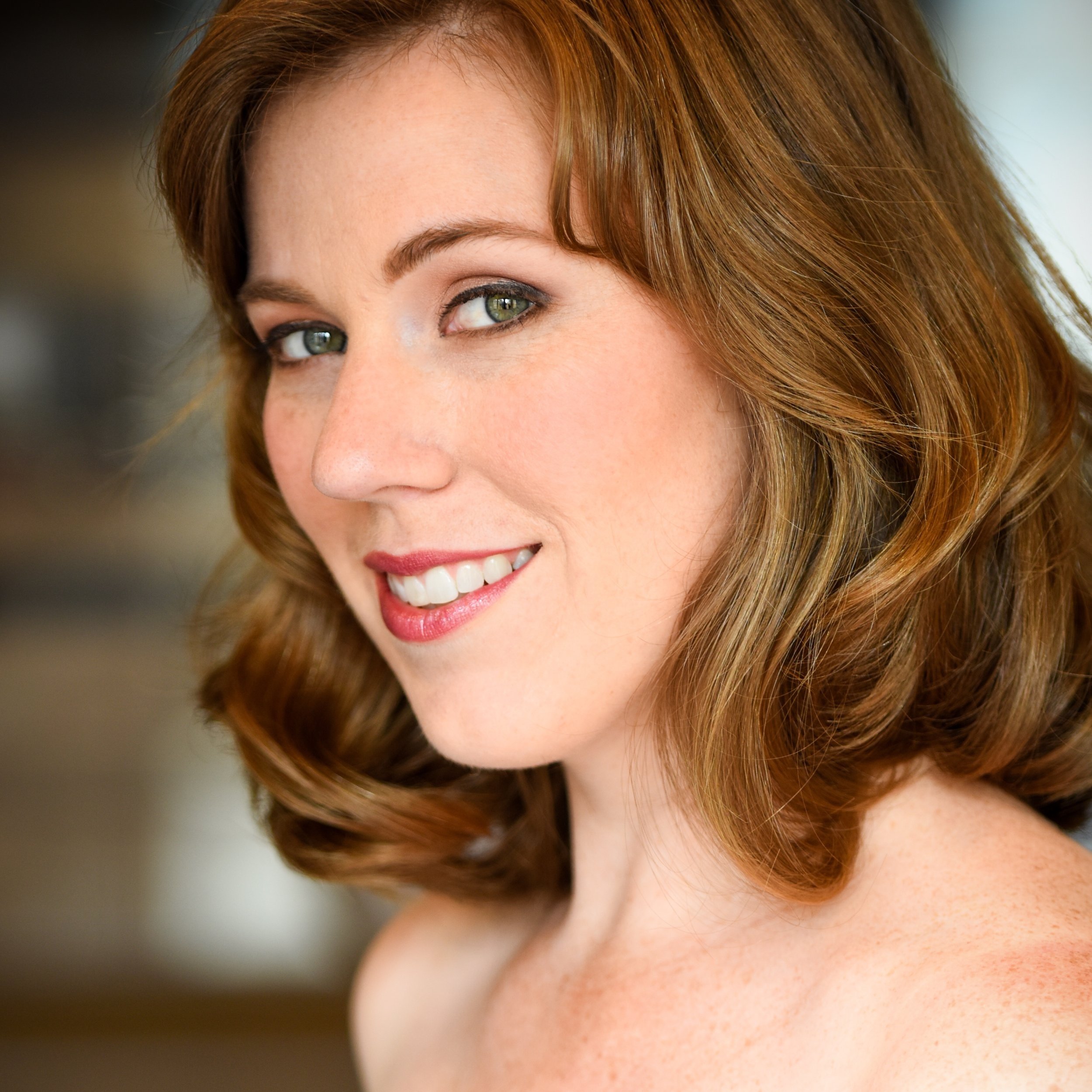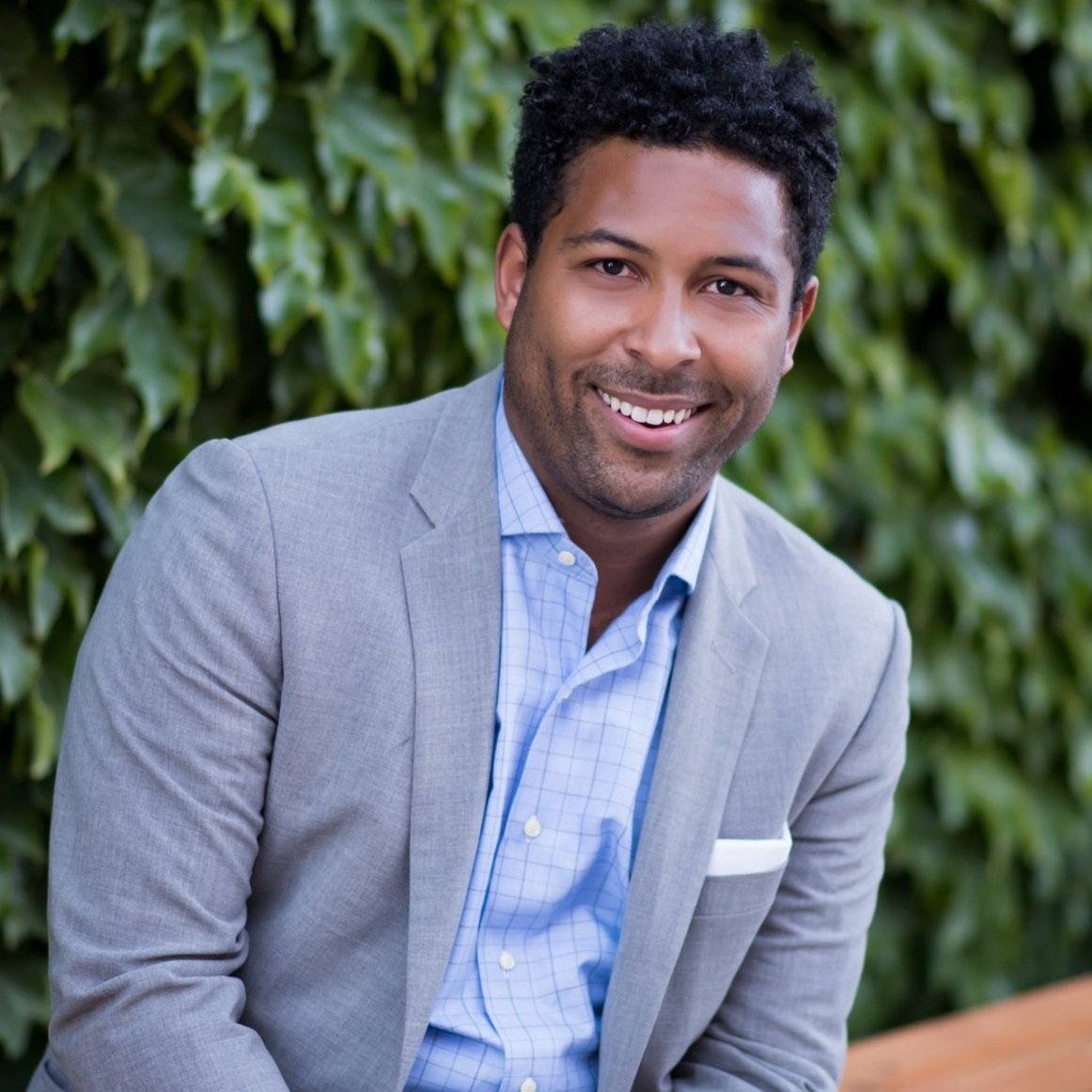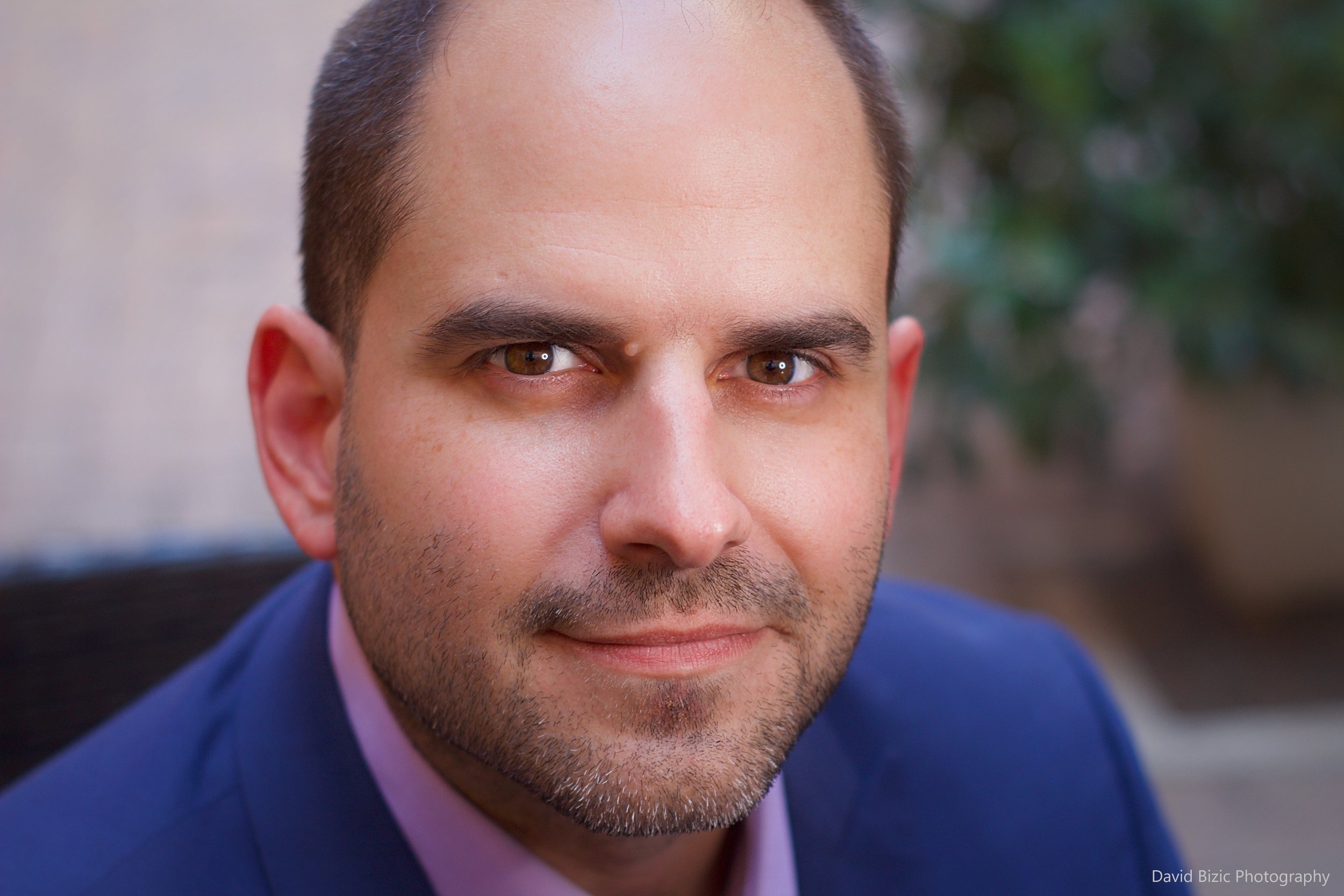La Traviata: Meet the Cast
/Kerriann Otaño, OperaDelaware’s VP of Engagement, got to connect with some of the stars of our upcoming production of Verdi’s mesmerizing La traviata. Read up on these powerhouse performers as they prepare to take the stage on March 31 and April 2 for La traviata at The Grand Opera House!
LINDSAY OHSE AS VIOLETTA VALÉRY
Kerriann Otaño: How did you get your start in opera?
Lindsay Ohse: I started out playing piano and cello, but I soon learned that I prefer to be on stage singing, rather than in the pit. I didn’t really know about opera until late high school/early college, I just knew I loved performing and after realizing my voice was suited to opera, it became my medium of choice. My absolute favorite thing is telling stories on stage with other people; I have such a great time connecting with my colleagues and feeding off of each others energy in a scene. I’d almost always rather sing a duet than an aria!
KO: Give us your best elevator pitch for La traviata.
Lindsay Ohse: So for someone who doesn’t know, the plot of La Traviata is kinda like the film Pretty Woman except that Richard Gere’s dad makes her break up with him to save the family’s reputation, and then she dies. It’s got way better music though, no offense to Roy Orbison.
KO: When tackling Violetta, who or what are you drawing inspiration from? How do you make her come to life in a way that is uniquely you?
Lindsay Ohse: Violetta, as a courtesan, is basically an actress, or a performer. We as performers are always putting up a version of ourselves that we want people to see and hiding our true selves in a safe place behind metaphorical walls—it is very easy for me connect with her, in that sense, so I’m drawing inspiration from my own life as a performer. I have definitely made choices that ended up breaking my own heart, so we definitely have that in common!
BARITONE BENJAMIN TAYLOR AS GIORGIO GERMONT
Kerriann Otaño: What made you want to become a performer? What sustains you?
Ben Taylor: The thrill of going onstage, singing and being someone else while delivering timeless stories is something I really enjoy! I’m sure there are things that equate to that adrenaline rush, but for me, stepping on the stage is my favorite.
KO: Give me your best elevator pitch for La traviata.
Ben Taylor: It’s a classic story about love, miscommunication, conflict of family and self, and lots of parties and drama. What more would you want in a show?!
KO: Ben, I'm more familiar with you in comedic roles like Papageno (which you just recently sang at The Metropolitan Opera!) - what makes you most excited about tackling this stoic, dramatic role? Will Germont still have some of your signature charm, or do you view him as radically different from who you are?
Ben Taylor: Thank you! While I do love playing comedic roles, it’s nice to be able to go back and forth from the dramatic and the comedic. I think Germont is very charming despite the conflict he causes in the opera, but the application of his charm is different than a Papageno. So I’m excited to see how I can filter the charm through stoicism while making him relatable and real.
TENOR MATTHEW VICKERS AS ALFREDO GERMONT
Kerriann Otaño: Why is this opera important to you personally?
Matthew Vickers: For me, there are 2 primary reasons: first, I was in the chorus for a Traviata when I was in school, during a period of about 5 operas that, ultimately, lead to me deciding to pursue singing opera as a profession. Second, it is important to me for, I think, the same reasons many might argue it's one of the top 5 (or so) most important operas still: it's humanity. Opera can be about and highlight many, varied themes. To me, it is very easy to see the people in this show as "human"; they make human decisions, human errors, have human baggage. In the end, it ends up being, in my opinion, very relatable.
KO: What made you want to become a performer? What sustains you?
Matthew Vickers: It's difficult for me to pinpoint the one reason I wanted to perform but I think it is related to the question of what sustains me: I love it. Very often, as a performer, it can get deeply personal and extremely lonely. In addition, the discipline and the craft that we spend so much time working on can draw us away from the core of what we do: collaboratively creating something beautiful. Like anything in life, I make it a point to take time out of my days to acknowledge and appreciate the sheer beauty -- the music, costumes, set, direction, story, etc. -- of any given production, and the joy of sharing that with varied talented humans.
KO: Give us your best elevator pitch for La traviata.
Matthew Vickers: It's a classic, relatable story of Boy meets Girl/Girl meets boy, he is more interested in her, at first, but she -- reluctantly -- falls for him; things are, briefly, bright and sunny and then the self-sabotaging begins: humans making decisions/mistakes based on their own expectations and misperceptions, and they aggressively overreact and, yet, in the end, they are able to find "themselves" and have their lives changed forever, admittedly, with different results.
KO: How do you find your character?
Matthew Vickers: Finding any character, for me, is all about the text, both my own text, and my counterparts. Alfredo, like many of Verdi's characters, is easier to discover because so much is present. Beyond that, the music itself aids in coloring moments in the arch of a particular character. I love creating an understanding of my character on a larger scale and imagine that the opera is just shining a light on brief moments in the life of this person. Alfredo, to me, is different from many other roles in that he is more "human". It is much easier to step into a character that I am able to connect with many of his decision/actions and temperament -- even the not-so-nice things that he does. If art imitates life, then it shouldn't come as a surprise that these characters are multifaceted and complex. The beauty of this story, and in human behavior, is the reconciliation -- no matter how brief.




